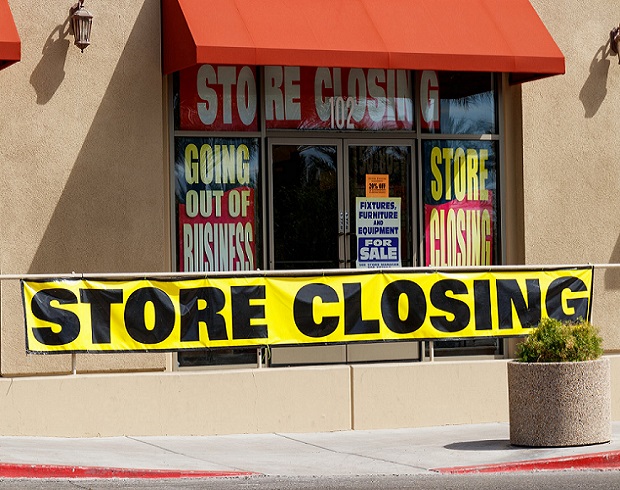Local Retail Giants Give Us Pride

My first trip to Lagos, Nigeria was in 2014, an experience that will forever be etched in my mind as a journey of paradoxical discoveries. I was the guest of an expatriate living in Lagos at the time and we went grocery shopping to a supermarket that specialized in imported foodstuff. The shelves were heaving with European dairy products and all manner of tinned basic goods like tomato paste, tinned pineapple and imported fruit. I asked my host [of Kenyan extraction] if we would be going to a local supermarket and, chuckling, she responded that if it was a Nakumatt equivalent I was looking for, it didn’t exist. “Everything that you’re used to is imported here, even the most basic item like packaged fresh milk.”
This was Nigeria. Africa’s largest sized country by population which at the time was about 176 million. I returned to Kenya with an enormous appreciation for the local retail giants that existed at the time in the form of Nakumatt, Tuskys and the smaller supermarket chains that had a majority of locally produced goods on their shelves juxtaposed with imported equivalent options in some select outlets. Our own homegrown retail giants had spawned a veritable supply chain of local goods that were being manufactured or grown for local consumption. From Kenyan farm to fork. From Kenyan factory floor to our homes. All via the numerous branches that dotted the country and, in Nakumatt’s case, the region. Nakumatt and Tuskys were revenue hot. Until they were not.
Nakumatt’s spectacular collapse in 2017 with over Kes 35 billion in debts owed to banks, employee liabilities, suppliers and other non-banking lendors will remain one of corporate Kenya’s vintage case studies. The Netflix movie that will be made about this debacle will quite likely be titled: “Titanic: The Money Hole that sunk MV Nakumatt”. Its cousin Tuskys suffered from an excruciatingly slow puncture demise after years of courtroom family drama that started in 2013 on the sharing of the spoils amongst shareholders, some of whom were in active management and some of whom weren’t. The former were viewed by the latter to be feeding from the communal family trough for their own individual benefits. An external chief executive officer was brought in, hounded out acrimoniously, brought back in when the commercial bankers cuffed the shareholder ears like the petulant children they were, and then pffft, the internal wrangles slowly brought the company to its knees. That story cannot be told in a Netflix movie, rather it will be a series titled “Game of Thrones Tuskys Edition”.
The upshot of these two spectacular failures is that there were significant operational and governance control failures. In Nakumatt’s case, money leached out, but the eye watering size of the amounts point to a finance team that looked the other way and who had a complete lack of whistle blowing ability because, well who does one whistle blow to when it is the shareholder themselves punching the holes into the ship? In Tuskys case, family members’ ability to do business with the supermarket chain presented significant conflict of interest challenges particularly if there was no way of creating an arms-length policy for that business to be done. Something that could have been cured had there been a policy framework for related party transactions from the beginning. After all, there was a family trough for communal eating and how could all members eat rather than just the ones with long necks?
A friend who heads a retail lobby group reminded a group of us recently that we should never underestimate the sheer amount of entrepreneurial talent that sits in this country and is exemplified throughout our economy in the form of local supermarkets, restaurants and hospitality outlets. The failures of two of the leading retail chains gave the space for other local chains to emerge and fill that space seamlessly. Yes, there may be one significant foreign chain at play, but we have several local options to choose from all of which continue to give a legitimate end market for the local agricultural and manufacturing value chain.
What will separate the boys from the men for these local supermarkets that are slowly becoming large corporate entities as we watch? Starting with a spectacular end in sight “Armageddon: We all crash and burn like those Nakumatt guys” and working backwards to see how that can never happen. A board made up of qualified independent and shareholder directors would be a good start to providing the appropriate risk based oversight independent of active management.
Twitter: @carolmusyoka

 carolmusyoka consultancy
carolmusyoka consultancy
 @carolmusyoka
@carolmusyoka